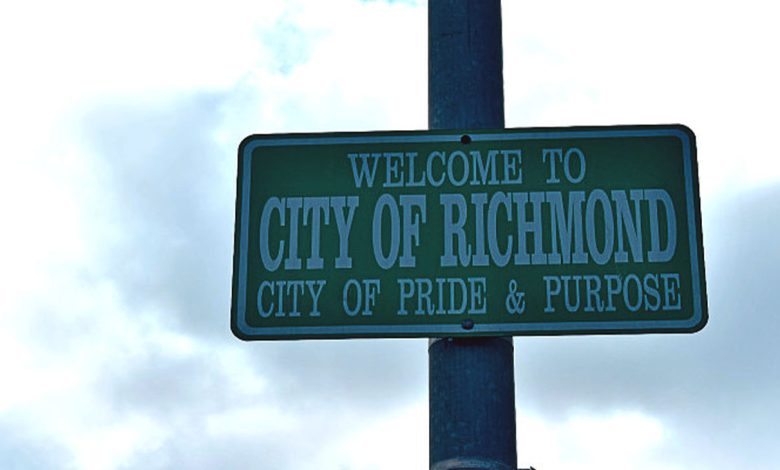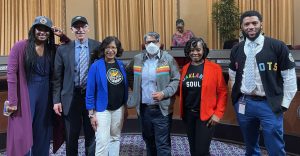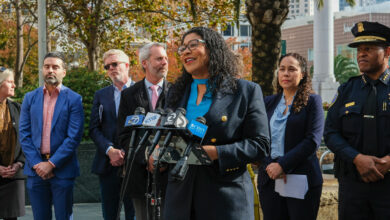Over/Underpasses Proposed for Parchester Village and Point Richmond

By Ken Epstein
A community celebration was held Saturday, July 8, commemorating the life of former Oakland Board of Education member, civil rights leader, and parent activist Sylvester Hodges.
Many lifelong friends and loved ones came out to join the celebration of his life at the Cypress Mandela Training Center in East Oakland. Hodges, 78, died on May 21, 2020, but the event was postponed until this month due to the pandemic.
Hodges’ son, LaRone Hodges, organized the event.
Alvin Moore Sr., who hosted the celebration, remembered Hodges as a man of courage who was unafraid to stand alone when he was fighting for what he knew was right.
One of Hodges’ lifelong friends, Ashlee Sherman, told stories of their experiences as young athletes at McClymonds High School and how, with encouragement from Hodges, he went on to San Francisco State, earned a bachelor’s degree and later a master’s degree.
Kitty Kelly Epstein, an education leader and community activist, said, “Sylvester did probably what was the most important action ever taken by an elected official in Oakland — he saved the school district from being taken over by the racist, elitist State of California for 15 years,” adding that Oakland was the only school district in the country that was able to halt an attempted state takeover.
Underscoring the strength and clarity of Hodges’ leadership, Epstein said, “People should live their lives like Sylvester did, with the amount of courage and principle that I have not seen often before in my life, and I learned so much from him.”
Despite repeated attempts, the state was never able to seize control of the Oakland Unified School District until Hodges retired from the board.
During those years of African American leadership on the school board, the district made some major changes to benefit Black and Brown students, including ending some of the worst forms of tracking, which prevented them from taking algebra and assigned them perpetually to remedial math classes.
The board also rejected a racist textbook that was pushed on schools by the state, and the first programs were created to bring more Black and Brown teachers into the schools.
At the time, many people did not understand the importance of maintaining local control and had hopes that state intervention would lead to improvements in the district’s financial condition and reduce unresponsive bureaucracy.
When eventually the state did take over, the results turned out to be the opposite of what people had hoped for: continual budget cuts and school closures, lack of transparency, more consultants and highly paid bureaucrats, and unending budget deficits.
Hodges was born on April 30, 1942, in Montrose, Arkansas, moving with his parents, Chester and Maggie Hodges, to Oakland in 1946. He attended Prescott Elementary, Lowell Middle School, and graduated from McClymonds High in 1960. He entered the U.S. Air Force, where he was on the wrestling team. In 1964, he met Lola Ingram, who he married in 1965.
Besides serving on school board for 12 years, Hodges served as chair of the Paul Robeson Centennial Committee, working successfully to rename the school district administration building in Robeson’s memory.
After he retired from the recreation department in San Mateo County, he went to work as an administrator for the Cypress Mandela Training Center, training countless Black and Latino young people to overcome barriers to enter positions in the construction trades.
He also served on the board of the Oakland Emiliano Zapata Street Academy, a school he loved because of its unique approach to young people’s education. He also remained a dedicated supporter of McClymonds High School.






